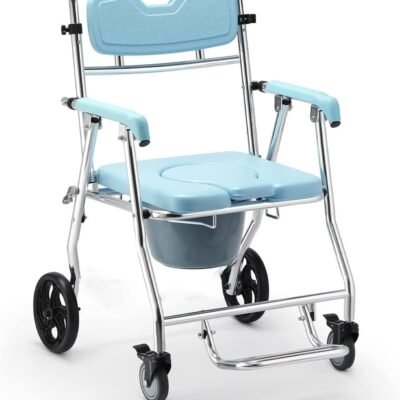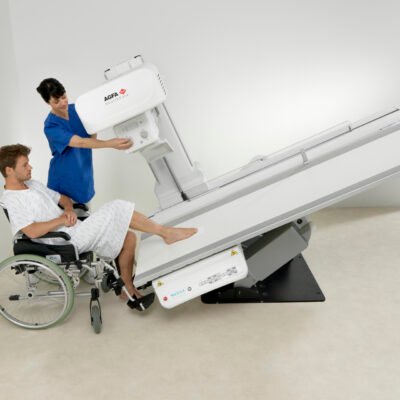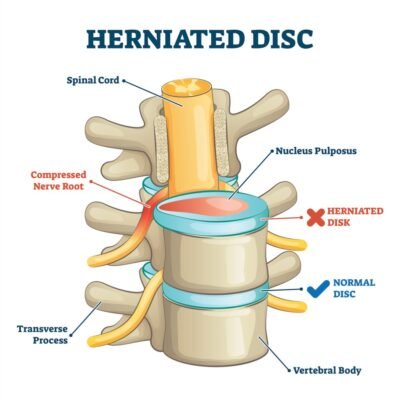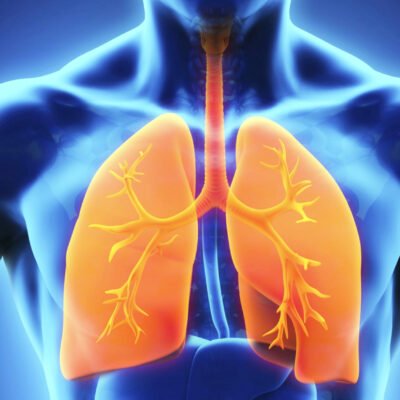Bone and joint health are vital aspects of how the human body works. As the basic structure that keeps our bodies working, our bones and joints affect our quality of life. So, the role of orthopaedic hospitals, which focus on the health of muscles and bones, becomes very important. This article talks about the many different things that an orthopaedic hospital does and how important they are for improving bone and joint health.
Understanding what an Orthopaedic Hospital is and what it does
To understand what orthopaedic hospitals do, it’s important to know what they specialize in. An orthopaedic hospital, also called an “ortho” hospital, focuses solely on orthopaedics. This area of medicine focuses on preventing, diagnosing, and treating problems with our musculoskeletal system, which is made up of bones, joints, ligaments, tendons, muscles, and nerves.
Orthopaedic hospitals specialize in this one area of medicine. Staffed by orthopaedic surgeons, doctors, and other health professionals who specialize in this field, they ensure that musculoskeletal health problems are dealt with in a more focused, thorough, and effective way.
A Closer Look at the Many Roles of Orthopaedic Hospitals
Orthopaedic hospitals play a crucial role in improving the health of bones and joints. It reflects in the way they treat the whole person, from figuring out what’s wrong to helping people get better after treatment.
Different musculoskeletal conditions are diagnosed and treated.
One of the main jobs of orthopaedic hospitals is to diagnose a wide range of musculoskeletal problems. Ortho hospitals treat a wide range of conditions, from common ones like bone fractures and joint degeneration to more complicated ones like musculoskeletal tumours and birth defects.
These hospitals have high-tech imaging equipment and diagnostic tools that help doctors make accurate diagnoses. A correct diagnosis is the first step in coming up with a good treatment plan, and orthopaedic hospitals are well-equipped to do this.
Performing Speciality Orthopaedic Surgeries
Orthopaedic hospitals are critical for a wide range of specialized orthopaedic surgeries. These include joint replacements, complex spine surgeries, arthroscopies, and orthopaedic trauma surgeries.
Skilled and experienced orthopaedic surgeons who use the latest surgical techniques are in charge of these procedures. When people are looking for less invasive ways to treat health problems, these surgeons are trained in minimally invasive surgical techniques. Patients who have these kinds of surgeries usually have less pain afterward, stay in the hospital for less time, and get better faster.
Physical therapy and rehabilitation after surgery
Surgery is not the end of the treatment for better bone and joint health. Post-surgery care is a vital part of the treatment process, and orthopaedic hospitals specialize in this. They often have centres for physical and occupational therapy, which are very crucial services.
These rehabilitation services help people who have had an orthopaedic injury or surgery get their strength, flexibility, and mobility back. They are vital to ensuring that the transition back to normal life after treatment goes smoothly.
Orthopaedic Care Research and Development
Ortho hospitals do more than care for patients. They also make a significant difference in orthopaedics through research and development work. Many orthopaedic hospitals take part in clinical trials for new treatments and surgical techniques. It pushes the limits of orthopaedic care. They also play a big part in teaching patients about bone and joint health and ensuring they get the care they need to stay healthy.
In summary, the role orthopaedic hospitals play in ensuring bones and joints are healthy is very important. They are key places for diagnosing, treating, and rehabilitating many conditions that affect the muscles and bones. The orthopaedic departments at leading hospitals provide top-notch orthopaedic care with their expert surgeons, world-class facilities, and focus on the patients. The hospitals help patients live healthier and more active lives, which shows how important and necessary orthopaedic hospitals are in today’s healthcare system.





